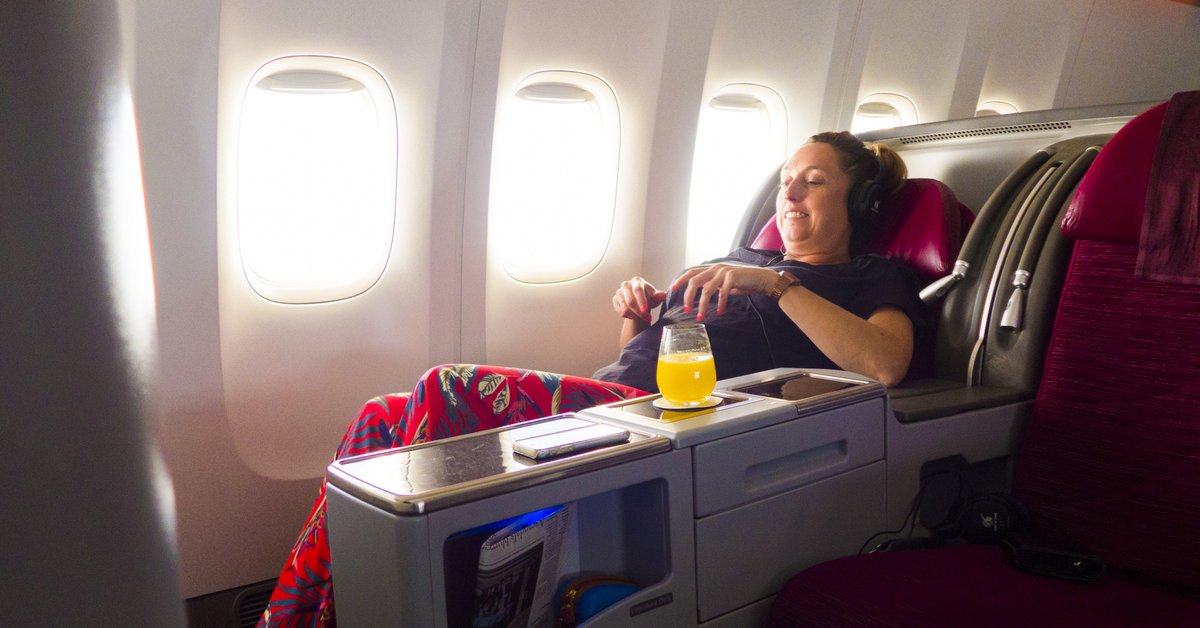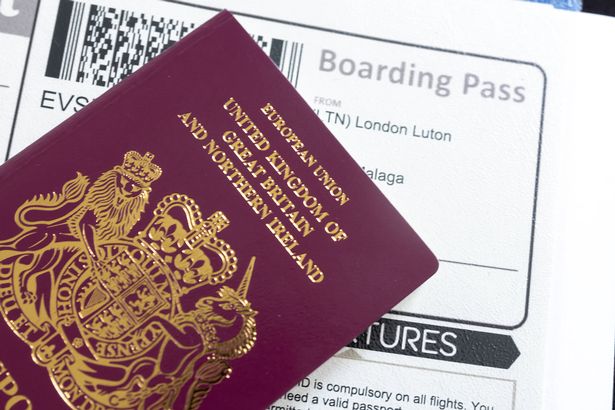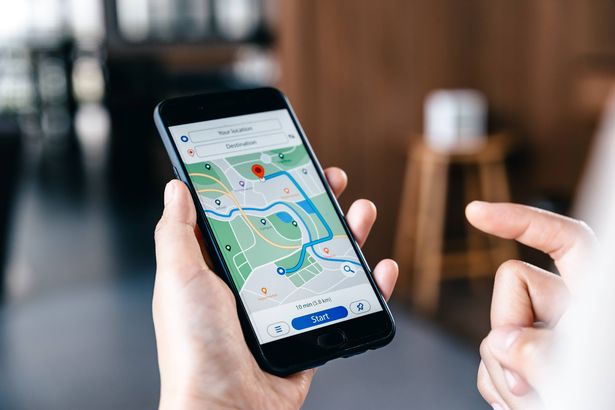Travel experts have warned that doing these seemingly innocent things could expose people to unnecessary risks
Travel experts have warned Brits doing three common habits during the bank holiday could leave them exposed to criminals. In the modern digital era, it’s become almost instinctive to post holiday pictures on Instagram or Facebook.
However, while sharing updates may seem innocuous, divulging too much online while you’re away can leave you vulnerable to unnecessary risks. From burglaries at home to identity theft, certain types of posts can make you an easy prey for criminals.
Travel experts at Ski Vertigo reveals the top three things you should never disclose online during your trip – and why holding off until you’re safely back home could be a wiser decision.
1. Your precise location in real time
Disclosing your location, whether through tagged posts, check-ins, or live updates, is one of the easiest blunders you can make while travelling. Criminals often scour social media for hints and a public post showing you are hundreds of miles away could signal to burglars that your house is vacant.
But the perils don’t end there. Revealing your location while abroad could put you in danger if opportunistic thieves nearby see where you are. For example, tagging a restaurant, pub or even your hotel might make it easier for strangers to trace your movements.
“Even if you believe only friends can see your updates, remember that posts can easily be reshared, or your account might not be as private as you think,” explains a spokesperson from Ski Vertigo. “By broadcasting your location in real time, you are essentially telling the world your home is unattended – and also where to find you.”
Instead, the experts suggested posting snaps after your return or delaying uploads. This way, you can still relish sharing your adventure without endangering your property or personal safety.
2. Photos of travel documents and tickets
It might be alluring to share a swift snapshot of your boarding pass or passport as a means of displaying enthusiasm, but this can be a big security blunder. Travel documents contain sensitive personal information that can be exploited by identity thieves or fraudsters.
Even seemingly trivial details – such as a booking reference number or barcode – can be used by criminals to access your travel itinerary, cancel flights, or even alter your seat. Once your details fall into the wrong hands, the consequences can swiftly cause chaos for your trip.
Ski Vertigo’s experts said: “We have seen cases where travellers accidentally gave away enough information in a single photo for someone to interfere with their trip. A boarding pass should never be treated like a souvenir. Keep it secure and private.”
A safer option is to photograph luggage, airport architecture or even your in-flight meal if you still wish to capture the thrill of departure without endangering yourself.
3. Expensive purchases or valuables
Another frequent habit is flaunting luxury items during your travels. Sharing photos of costly jewellery, designer shopping bags, or premium gadgets makes you stand out as a potential target for theft.
Criminals in tourist hotspots frequently exploit social media to monitor visitors who flaunt expensive items online. Even if you exercise caution in person, digital oversharing could undermine your attempts to remain secure, reports Galway Beo.
Thieves may not only set their sights on you while abroad, but also make mental notes of your possessions back home. Ski Vertigo warned: “Displaying expensive items online is like walking around with a sign saying, ‘I am carrying something valuable’. It can attract unwanted attention both abroad and back home.”
If you wish to share photographs, concentrate on scenery, cultural encounters, or cuisine – moments that highlight your travels without broadcasting affluence.
Real-life consequences
The perils of oversharing while travelling extend beyond mere theory. Countless instances exist of burglars breaking into properties after spotting social media updates confirming the occupants were overseas.
Some travellers have experienced flight disruptions after criminals gained access to booking information through posted boarding passes.
Others have been pursued in real time, with crooks pinpointing their precise whereabouts through geotagged uploads.
In one documented incident, holidaymakers were stalked back to their accommodation after sharing a photograph from a neighbouring establishment – a sobering illustration of how rapidly online details can manifest into real problems. Scammers often exploit overshared details to their benefit.
A simple photograph of a passport or ticket can provide fraudsters with enough information to initiate phishing attacks, impersonate travellers, or deceive family members into sending money through counterfeit “emergency” messages.
One of the most prevalent strategies is dispatching urgent alerts that seem to originate from airlines, hotels or banks. These messages allege there’s a problem with your booking or payment, pressuring you to “confirm” details or re-enter credit card numbers.
Once scammers are aware you’re overseas, these fake alerts become significantly more persuasive – and considerably more risky.
Tips to avoid oversharing blunders
The silver lining is that ensuring safety doesn’t mean you have to cease sharing entirely. Ski Vertigo suggests the following precautions:
- Post later, not live – Share your updates after you’ve returned home, or at least postpone uploads until you’ve left a location
- Check your privacy settings – Make sure your accounts are set to private and restrict your audience to trusted friends
- Avoid geotags and check-ins – Deactivate automatic location services in apps to prevent revealing your whereabouts
- Think before you post – Consider if a stranger could use this photo or detail against you
- Reserve document photos for private use only – If you need copies of travel documents, store them securely on your phone or in cloud storage, never on a public platform
By steering clear of these three frequent blunders, holidaymakers can still relish capturing their getaway memories while keeping themselves out of danger’s path. Bear in mind – the fewer personal details you broadcast in real time, the more secure your journey will be.
“Travelling should be about relaxation, discovery, and enjoyment,” Ski Vertigo said. “A few simple precautions online can make the difference between a holiday you remember for the right reasons, and one that is overshadowed by problems you could have avoided.”









